DONG NAI Taking advantage of the available local trash fish resources, farmers in Lam San commune (Cam My district, Dong Nai) compost IOM products, raise earthworms..., and persistently grow organic pepper.
Secrets to organic pepper care
From a particularly difficult commune with limited transportation, but with the efforts of the local government and the consensus of the people, Lam San commune (Cam My district, Dong Nai province) has now changed its appearance, wearing a new coat. The inter-hamlet roads have been concreted, the income of the people has improved day by day and it has become a model new rural commune.
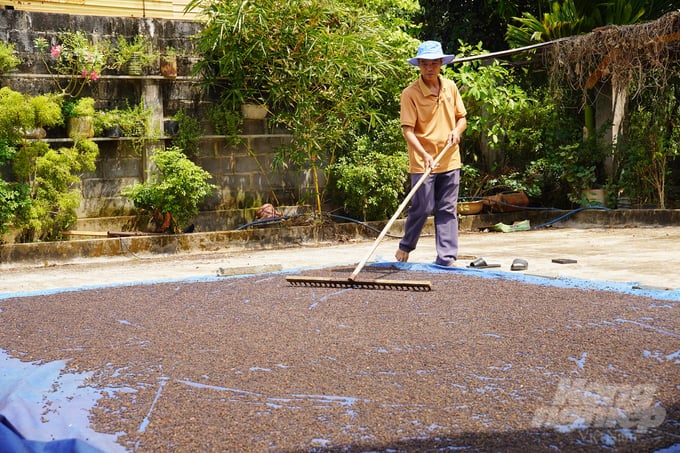
Many farmers in Lam San commune (Cam My district, Dong Nai province) are persistent in cultivating pepper using organic methods. Photo: Nguyen Thuy.
Mr. Truong Dinh Ba, Chairman of the Farmers' Association of Lam San commune, said that many years ago, pepper brought good income to local people, but recently, due to the impact of climate change, increased fertilizer costs, decreased pepper prices... many households are no longer interested in pepper.
However, with the attention of Dong Nai provincial leaders, district and commune leaders, although the pepper growing area has decreased, it is still the main crop of Lam San commune people. In addition to the pepper growing area cultivated by traditional methods, Lam San commune also encourages the cultivation of clean pepper, organic pepper, meeting increasingly strict standards on quality, food hygiene and safety, no pesticide residues...
Farmers here have been creative, researching, and learning good methods and models to take care of crops and livestock to achieve productivity, quality, reduce costs, and adapt to climate change. In particular, households in the Lam San Pepper Cooperative must be mentioned.
Initially, 32 members of the Group registered to participate in the conversion to organic pepper farming, then reduced to 16 households and currently the Lam San Pepper Cooperative Group has only less than a dozen households persistently sticking to growing organic pepper.
With the encouragement of the locality, Mr. Mai Dac Truong (Hamlet 4, Lam San Commune) started to switch to organic pepper cultivation from 2019 to present with an area of nearly 4,000m2, including 600 pepper pillars.
During the conversion, the pepper plants did not yield well and were plagued by many pests, which made Mr. Truong and many other households worried. However, through training courses and guidance from the agricultural sector and the Commune Farmers' Association, Mr. Truong and the members of the Lam San Pepper Cooperative gradually grasped the technical process and domesticated organic pepper plants.
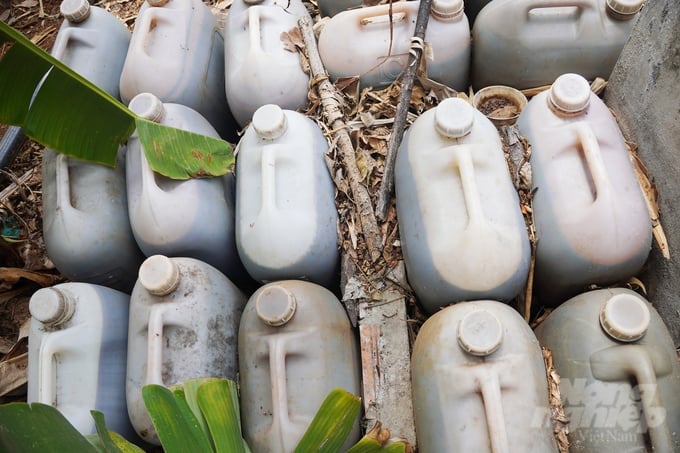
Fish fertilizer tanks are made by farmers in Cam My commune from trash fish to fertilize crops. Photo: Nguyen Thuy.
Mr. Truong said that before, when using chemical fertilizers, pepper productivity was unstable, some years it was high, some years it was low. Since switching to organic farming, pepper plants have become more vigorous, with stable productivity, saving on fertilizer and pesticide costs. "My house is located near a pepper garden, so switching to organic farming gives me peace of mind, ensuring the health of the plants, good for the environment, and the health of my family," said Mr. Truong.
As one of the pioneers of organic farming in Lam San, with an area of 2 hectares, Mr. Truong Dinh Ba intercrops many types of plants, of which 90% is pepper and is completely cultivated using organic methods, without using any chemicals or pesticides.
One of the secrets to organic pepper productivity and cost reduction that Mr. Truong, Mr. Ba and other organic pepper growers in Lam San commune can confidently cultivate is to take advantage of the source of trash fish in Song Ray lake to ferment microorganisms to make IMO fertilizer for plants.
“Previously, we had to spend money to buy original yeast to ferment fish protein, but now we have self-sufficient native biological yeast, the quality is no different from buying from companies but the price is lower.
After a period of development, we have also introduced many products for long-term storage such as dry microorganisms; native microorganisms fermented with chili, garlic, ginger to make biological pesticides to prevent pests on pepper plants as well as other crops," said Mr. Truong Dinh Ba.
According to Mr. Ba, every year he and some other households buy about 1.5 tons of trash fish, creating about 1,000 - 1,500 liters of fish protein to prepare for the next crop.
Leading us to the backyard, where Mr. Ba ferments IMO, there is no foul smell because the fish has been treated with probiotics according to the correct technique. “At first, when we ferment fish, many people said we were crazy, it stinks like this. But then, they changed their minds and even ordered our fish protein to fertilize their plants,” Mr. Ba laughed as he stirred the fermented fish protein in the tank.
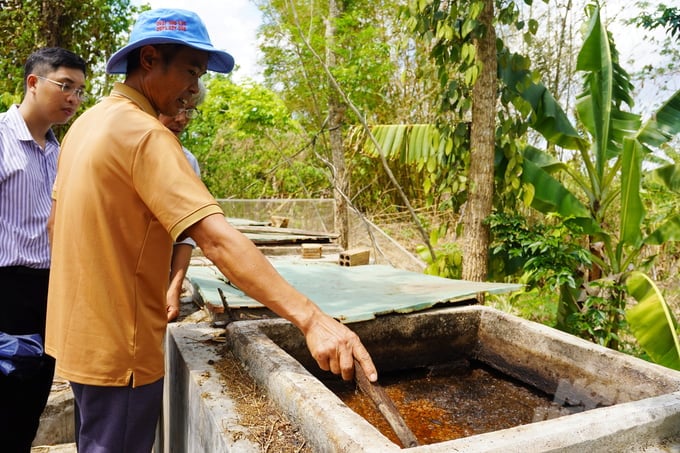
Trash fish composted with probiotics to create IMO is an organic fertilizer source that provides high nutrition for plants. Photo: Nguyen Thuy.
Seeing me standing looking at the goat pen not far away, Mr. Ba further explained: "Our organic agricultural production method is organic combined with circular agriculture, creating a circular ecosystem." In addition to growing pepper, Mr. Ba also raises about 100 chickens, ducks, and 20 goats. To feed the goats, he uses cotton poles (planting cotton trees for pepper plants to cling to), then takes goat and chicken manure to feed earthworms and earthworm manure is used to fertilize the pepper plants. It's all a cycle, nothing in the garden is wasted.
Organic farming requires perseverance
“The most important thing in converting to organic production is still willpower and perseverance. Once you understand the meaning and nature of organic farming, production will be easier. In the coming time, we will mobilize more households who are passionate about organic farming to gradually convert.
When farmers understand the benefits of organic farming, they will like it and be willing to persevere. The most important thing when doing organic farming is not to be impatient, but to be persistent," said Mr. Truong Dinh Ba, affirming that as Chairman of the Farmers' Association of Lam San Commune, he and the members will regularly propagate, encourage, and analyze so that people can reduce the use of chemical fertilizers and pesticides on crops, and increase the area of organic farming in the commune.
To help farmers master organic farming techniques, Lam San Pepper Cooperative has established a field monitoring group. Through this, experienced people can share with each other and simultaneously monitor each other to work together towards achieving organic pepper certification and exporting to many markets around the world.
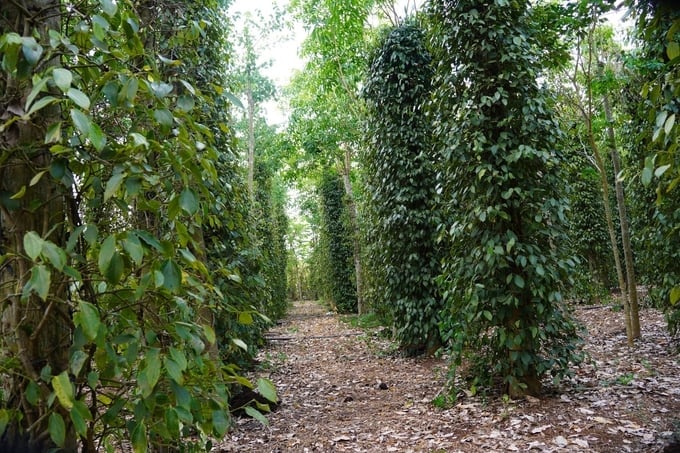
Organic farming helps the soil stay fertile and pepper plants stay green, strong and healthy. Photo: Nguyen Thuy.
However, in order for small-scale organic farming pioneers to have high profits, as a basis to encourage local households to be ready to switch to organic farming, Mr. Ba said that it is necessary for the government, localities, cooperatives, and businesses to pay more attention and have appropriate support policies. From there, it will help farmers feel secure, persevere in farming, enhance the brand and value of organic pepper, ensure that the products produced do not contain chemical residues, protect the health of consumers and producers, and create a clean living environment.
Currently, in Lam San commune, there are only about 1,100 hectares of pepper left, of which the area converted to organic pepper production is only about 16 hectares, still very low compared to the current potential of the locality.
Developing organic agricultural production and high-tech agriculture is identified by Dong Nai province as one of the tasks that must create a breakthrough. In particular, Dong Nai identifies developing high-tech agriculture and organic agriculture associated with processing industry and product consumption market. Developing organic agricultural production with high added value, sustainability, and friendliness to the ecological environment, contributing to stabilizing life and increasing income for producers...
Source: https://nongsanviet.nongnghiep.vn/u-che-pham-imo-nuoi-trun-que-kien-tri-trong-ho-tieu-huu-co-d386742.html


![[Photo] Prime Minister Pham Minh Chinh receives Deputy Prime Minister of the Republic of Belarus Anatoly Sivak](https://vstatic.vietnam.vn/vietnam/resource/IMAGE/2025/4/2/79cdb685820a45868602e2fa576977a0)


![[Photo] Comrade Khamtay Siphandone - a leader who contributed to fostering Vietnam-Laos relations](https://vstatic.vietnam.vn/vietnam/resource/IMAGE/2025/4/3/3d83ed2d26e2426fabd41862661dfff2)
![[Photo] Prime Minister Pham Minh Chinh receives CEO of Standard Chartered Group](https://vstatic.vietnam.vn/vietnam/resource/IMAGE/2025/4/2/125507ba412d4ebfb091fa7ddb936b3b)
![[Photo] Special relics at the Vietnam Military History Museum associated with the heroic April 30th](https://vstatic.vietnam.vn/vietnam/resource/IMAGE/2025/4/3/a49d65b17b804e398de42bc2caba8368)
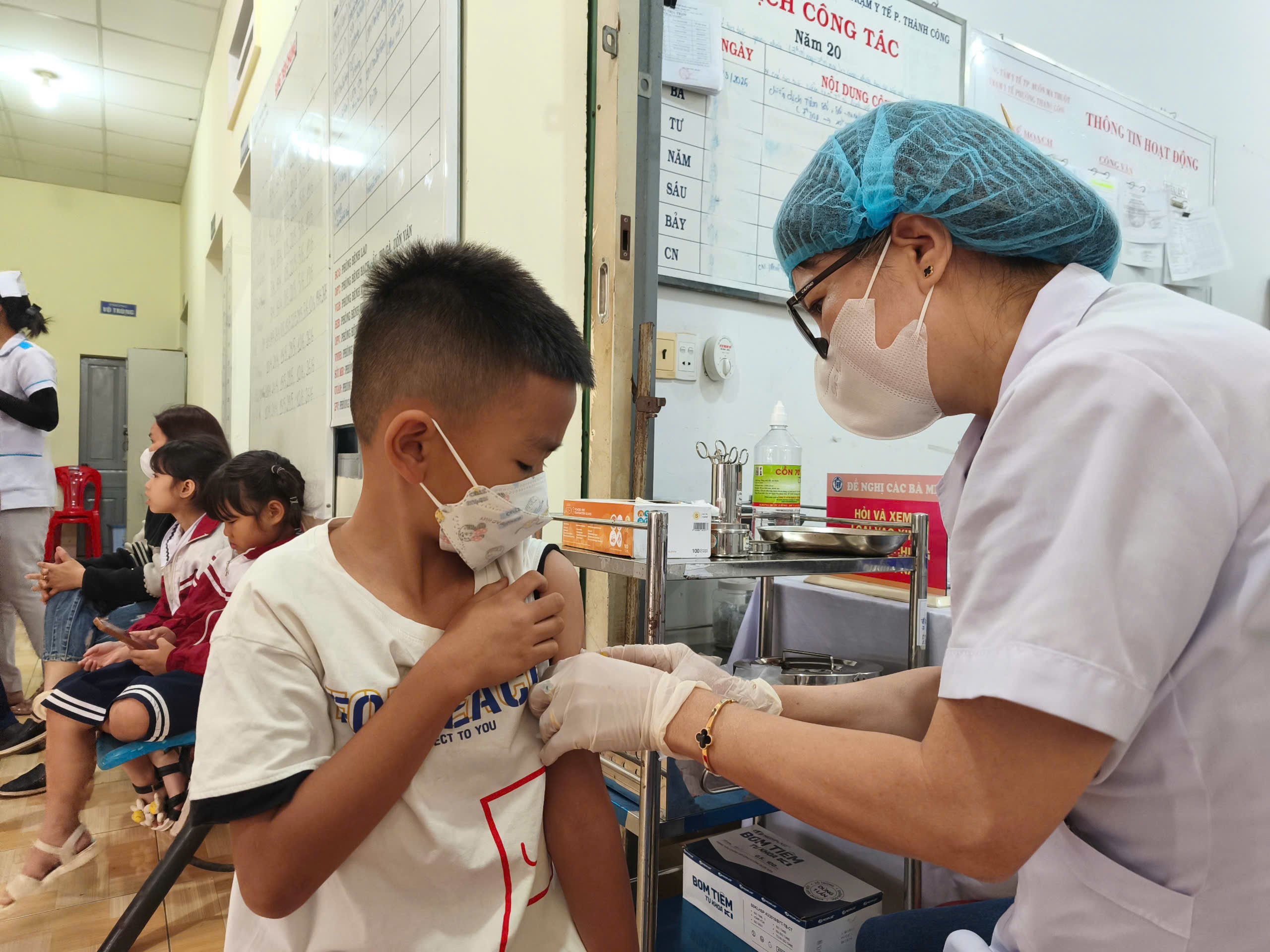

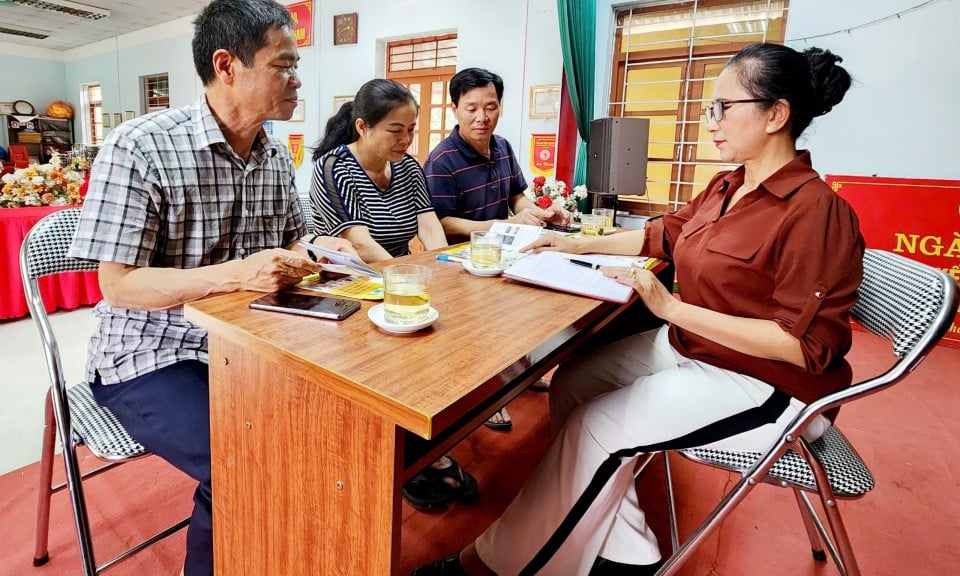


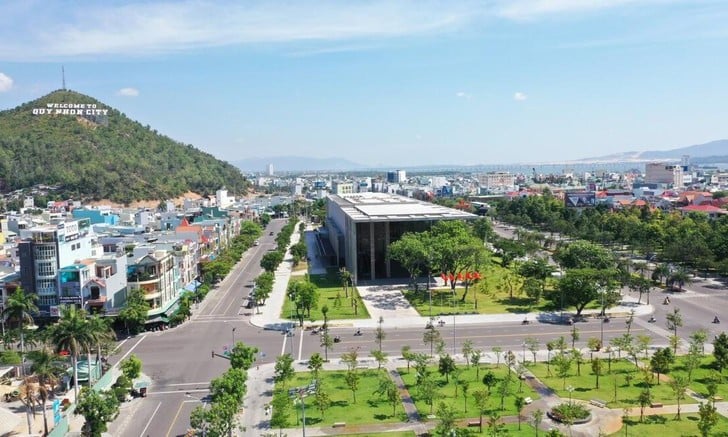
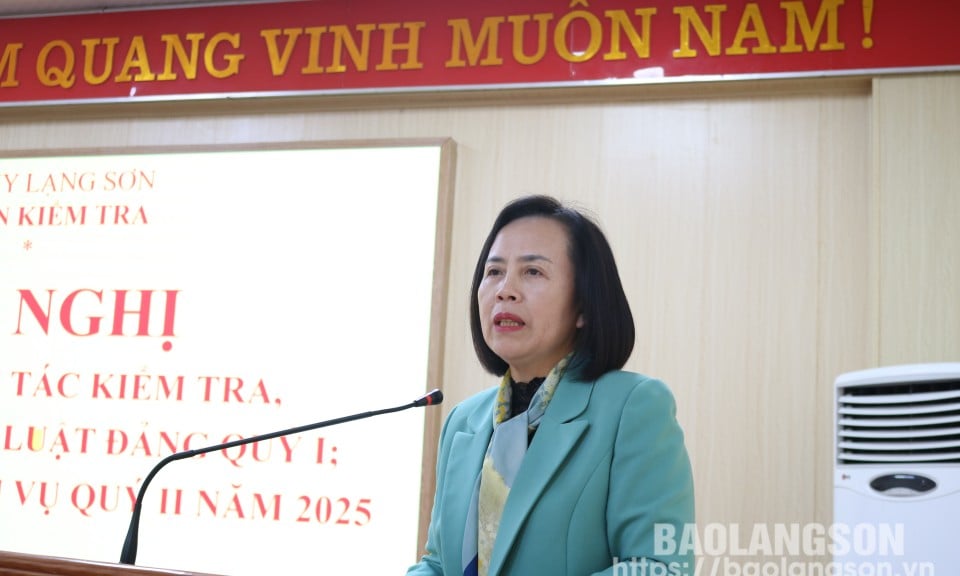
![[Infographic] Cross exchange rates of Vietnamese Dong with some foreign currencies to determine taxable value from April 3-9](https://vstatic.vietnam.vn/vietnam/resource/IMAGE/2025/4/3/29a48fd80b3b46a0963e6449698a292b)
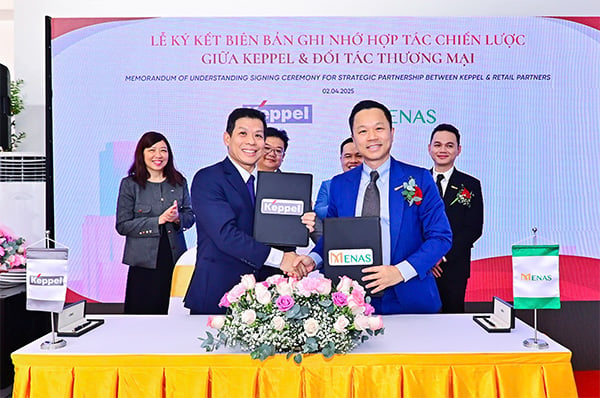








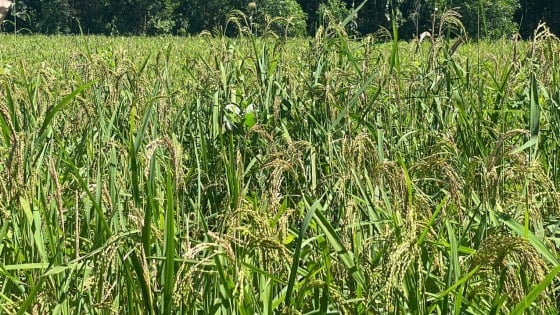
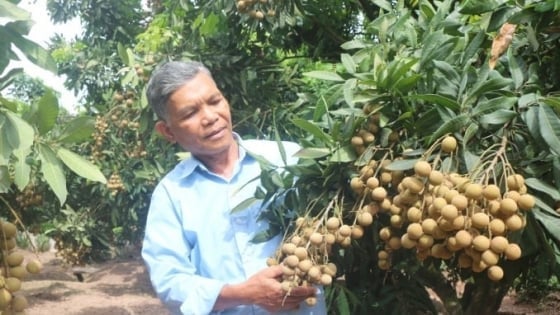
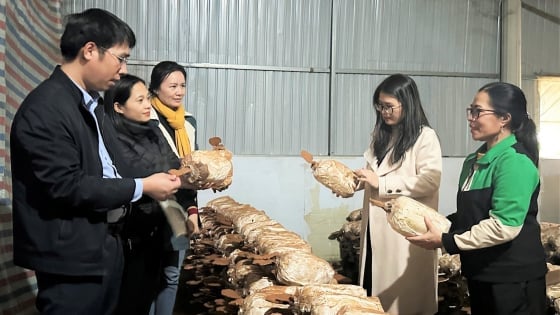
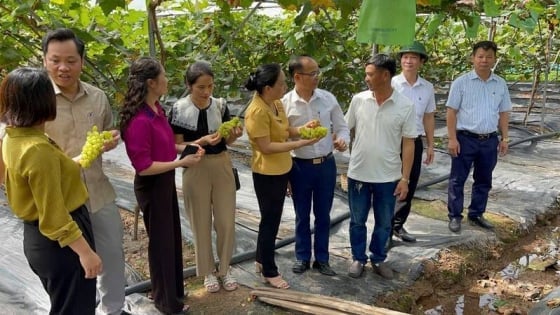
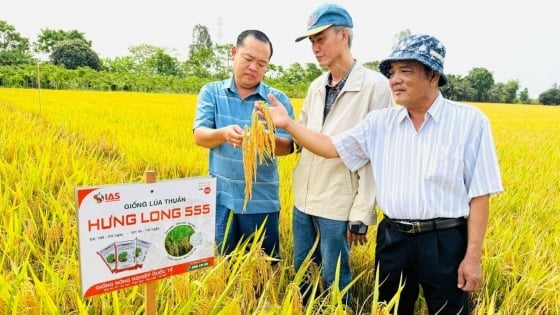
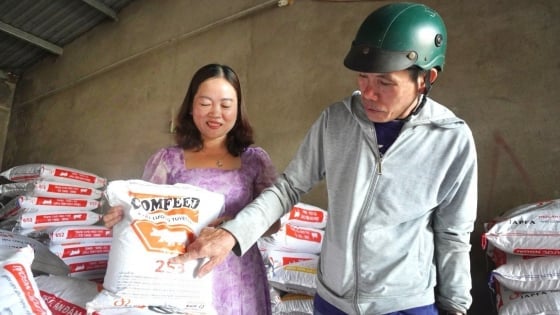


































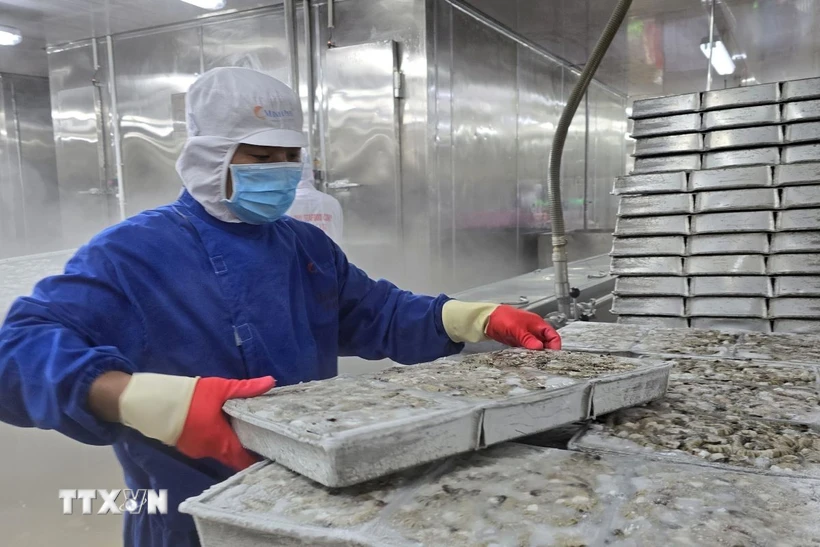
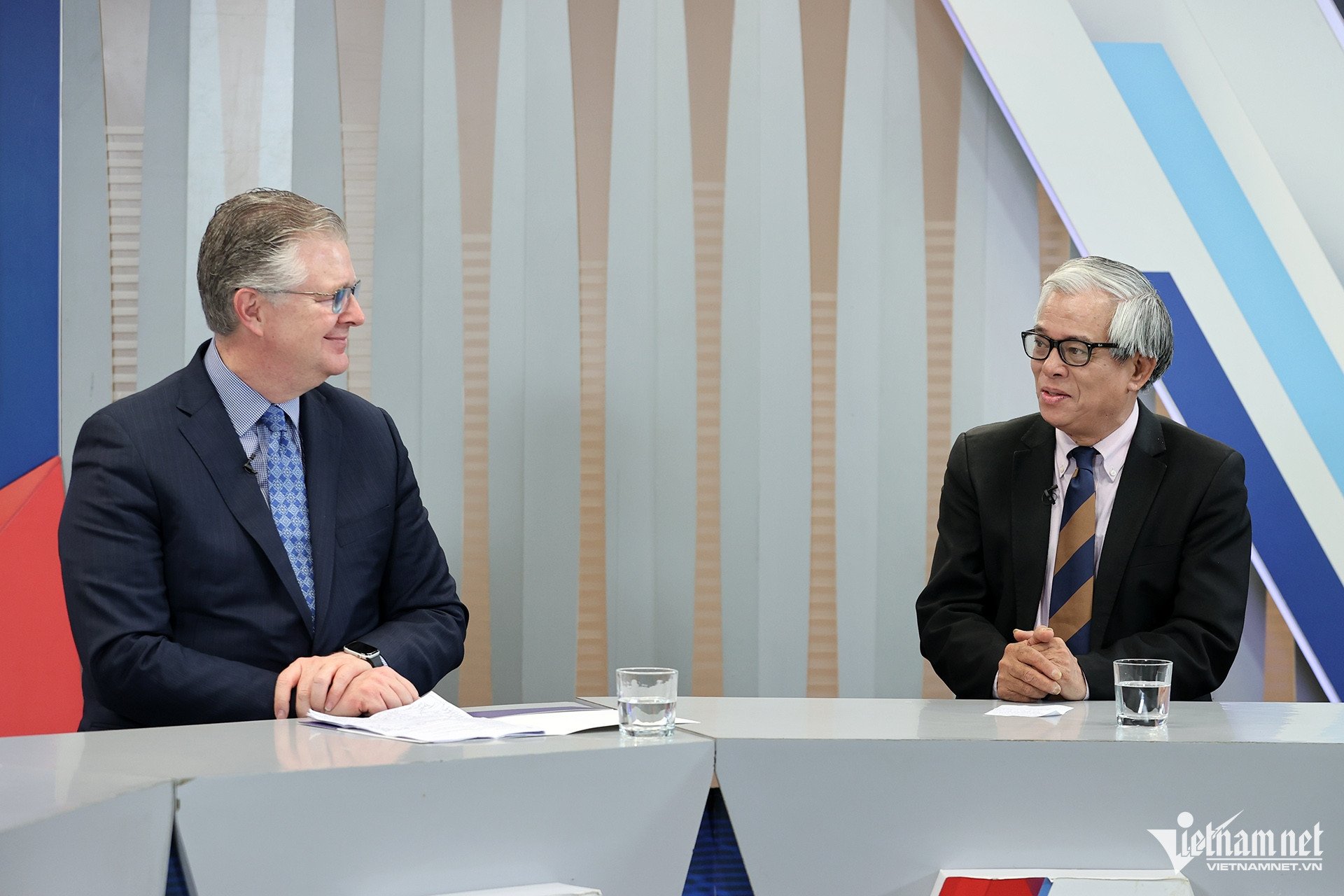
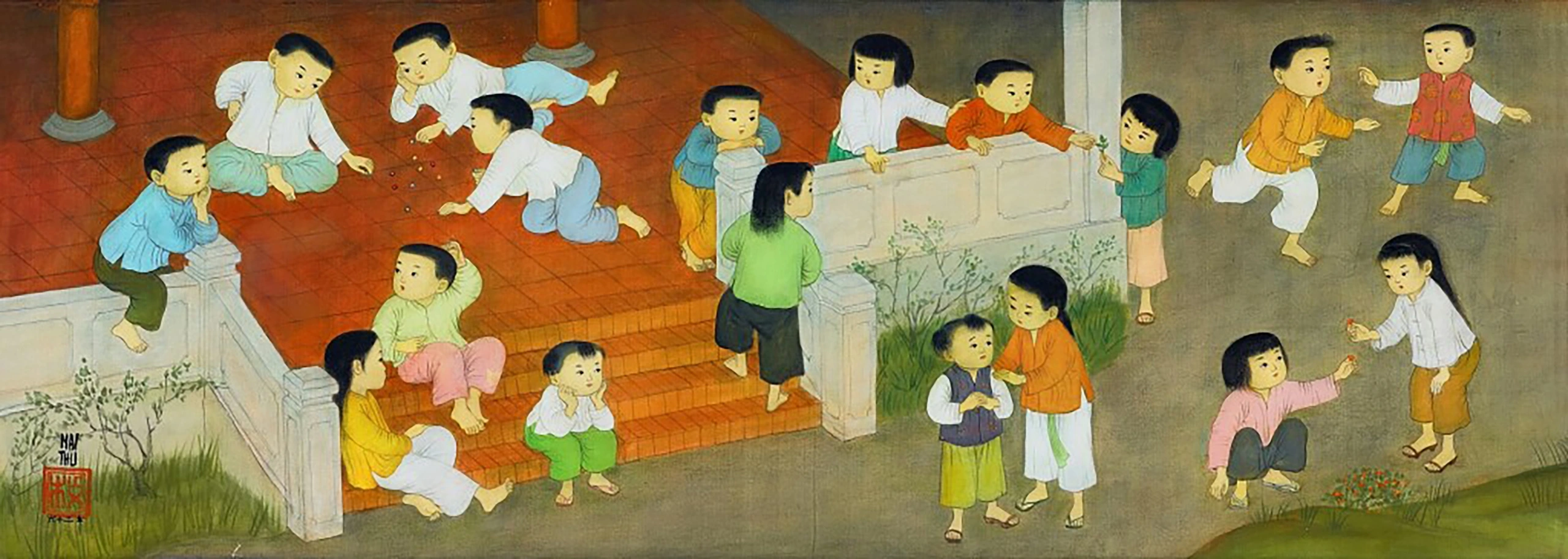


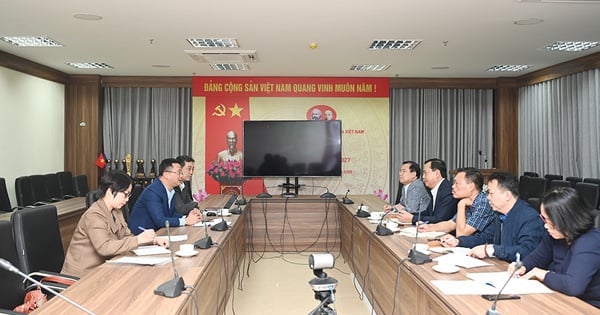
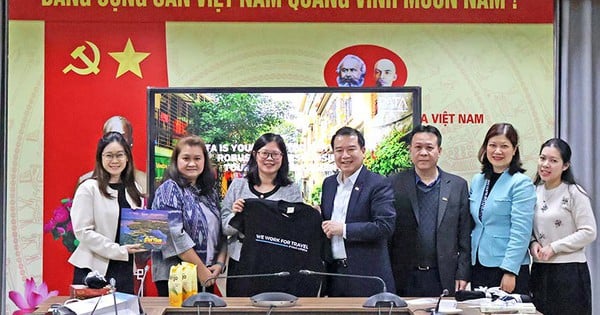
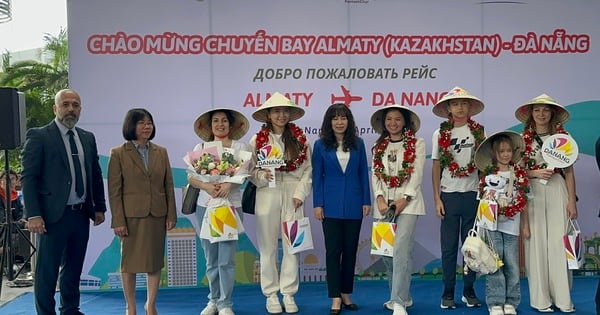



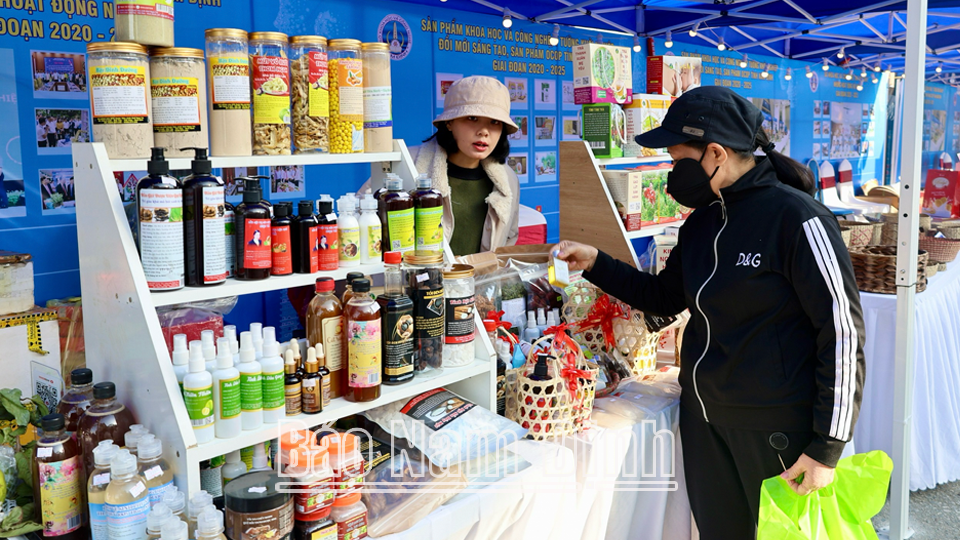


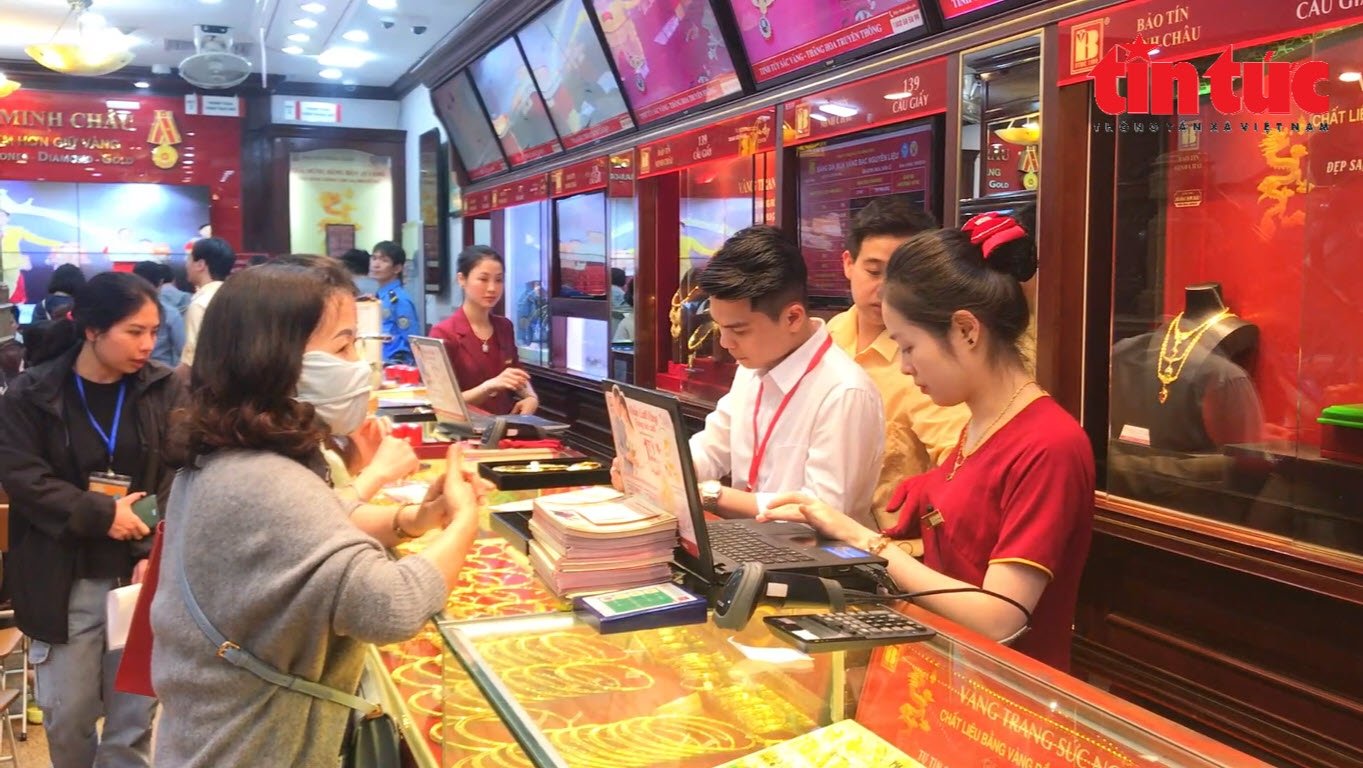

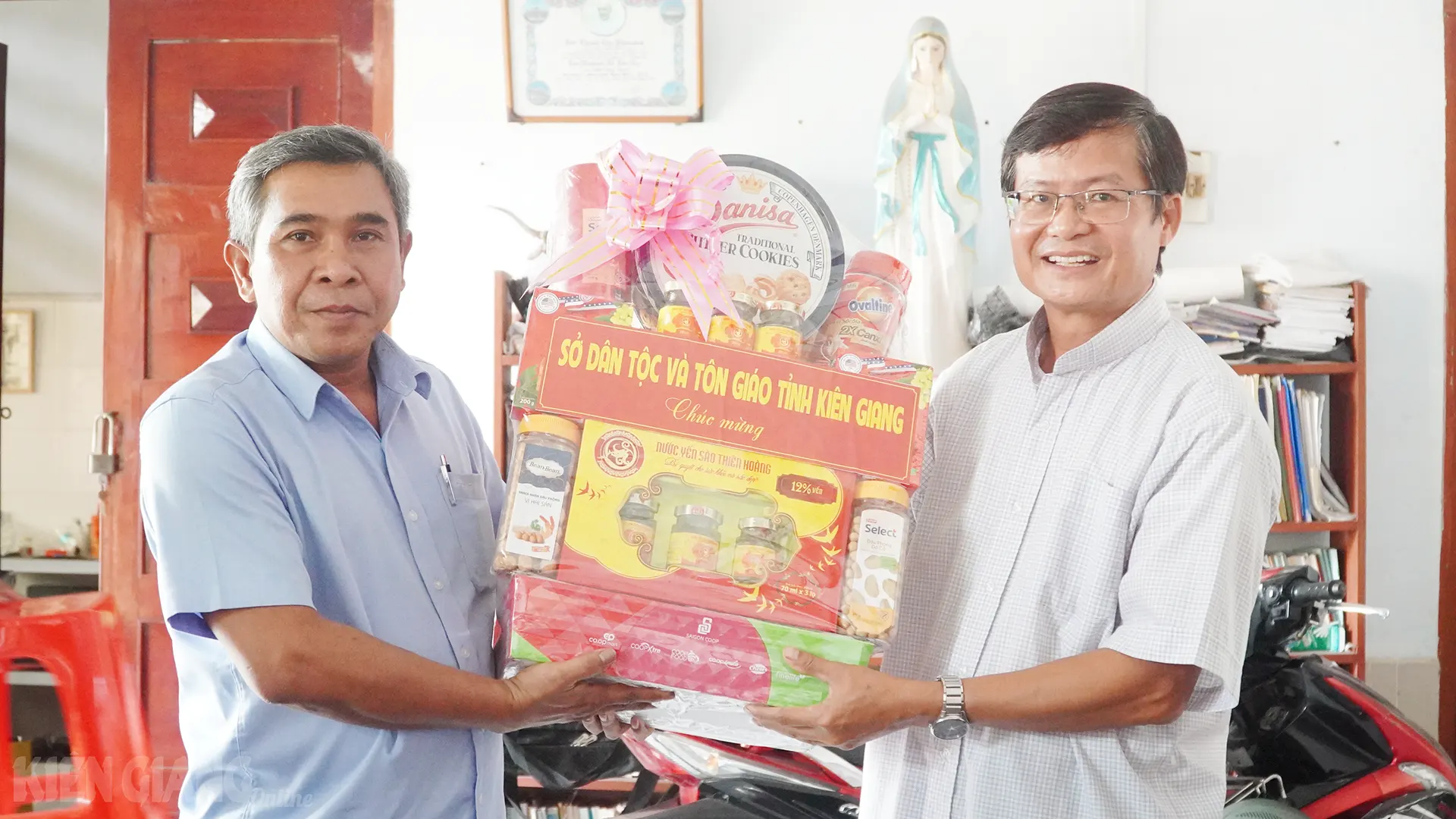
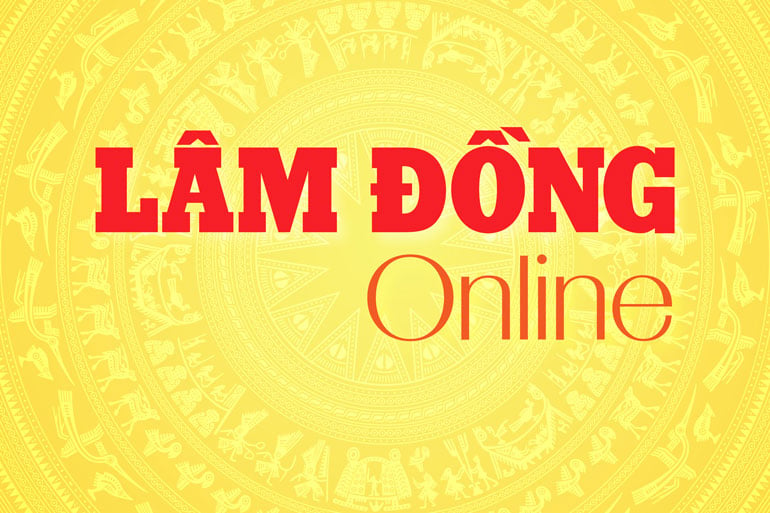
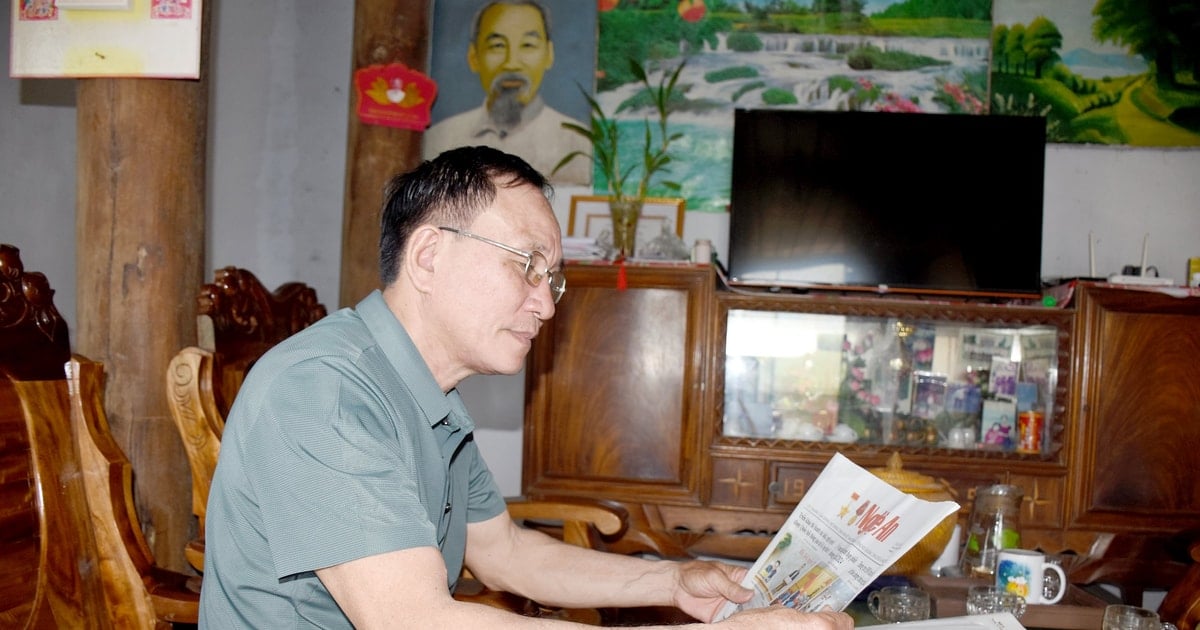













Comment (0)